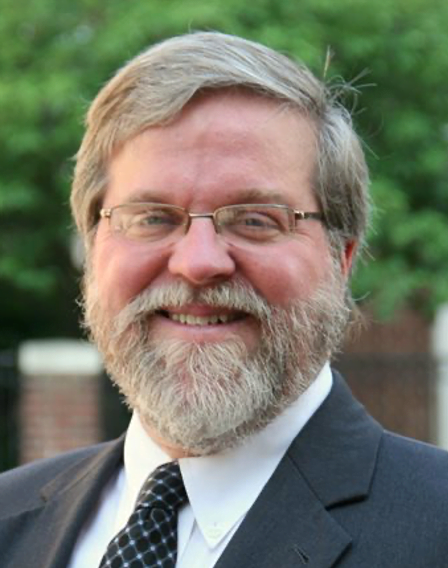
Whenever I go to the cinema to watch a movie, I’m once again surprised by how different the experience is compared with watching at home: it is immersive. Gone are the distractions of traffic in the street, a dog barking at passersby, cellphone notifications to check, and so forth. In the movie theater, there is only the movie, the darkness, a huge screen, an excellent sound system. (And, of course, popcorn which now seems to cost roughly the same as a monthly car payment!)
Jesus has left the region controlled by Herod Antipas, who at this point has beheaded John the Baptist. And in this “deserted place,” he can find time and space to pray, think, to simply be “by himself” (vs. 13). Yet, when the crowds find him, their need and his compassion, lead to a Kingdom moment. The deserted place becomes a space in which the Kingdom of Heaven is acted out – not in the sense of a play or dramatic
rendition, but rather it is enacted, enfleshed, lived out for all to see.
When the disciples ask Jesus to “send the crowds away” because the hunger of the crowds overtake the available food supply, they are simply acting in accordance with the ‘way of the world.’ There is a need; it is too much to handle; send them away. After all, the crowd have nothing to offer the disciples in return. And in an ancient near-eastern system of patron-client in which reciprocity is the name of the game, this is a losing game for the disciples. “Send the crowds away” (vs. 15). However, as I stated above, Jesus is enacting the Kingdom in this place, and so instead of reciprocity (the way of the world) there is need and compassion (the way of the Kingdom). In place of imperial dynamics, there is a gospel dynamic. In place of a default setting of scarcity, there is a Kingdom default setting of abundance. “And all ate and were filled; and they took up what was left over of the broken pieces, twelve baskets full. And those who ate were about five thousand men, besides women and children” (vs. 20-21).
The ‘Kingdom moment’ of this great feeding does not end with the sunset, nor with Jesus’ movement onwards toward Jerusalem. The text offers us clues to the ongoing nature of the Kingdom of Heaven. As the crowd is instructed to lie down on the grass (in otherwards, to prepare to be fed), Jesus takes the five loaves and the two fish, and “he looked up to heaven, and blessed and broke the loaves, and gave them to the disciples, and the disciples gave them to the crowds” (vs. 19). This blessing was, in all likelihood, the Jewish prayer of blessing: Blessed are you, O Lord our God, King of the Universe, who brings forth bread from the earth. This is the same blessing that Jesus offered in the Upper Room, during the Passover meal, as he instituted the Eucharist. This eucharistic focus is made all the clearer when one notices that the blessing and distribution of the fish are not mentioned, except as leftovers.
Here we have the promise of an ongoing blessing, an ongoing presence. The alternate reality of the deserted place is to become the ongoing reality of the eucharistic community. The ongoing dynamic of need and compassion is to become the ongoing ministry of the Jesus community (the Church). The feeding of the five thousand (plus women and children!) serves not as an impressive miracle for us to gawk at and be impressed by; but as a manifestation of the Kingdom of Heaven on earth, the Kingdom of God breaking in to the world, as it does whenever people of The Way allow reciprocity to be displaced by compassion.


